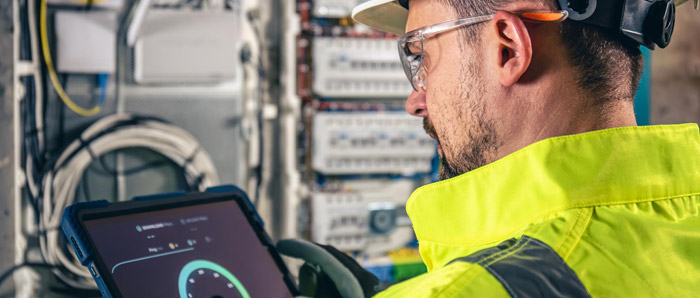
What is Electrical Safety Testing?
Electrical safety testing ensures that electrical equipment meets safety standards and operates without risk of shock, fire, or malfunction. It is crucial in industries like healthcare, manufacturing, and consumer electronics to protect users and prevent failures.
Why is Electrical Safety Testing Important?
Faulty electrical devices can cause serious hazards, including electrocution and short circuits. Regular testing helps identify insulation failures, leakage currents, and grounding issues, ensuring compliance with global safety regulations like IEC, UL, and ISO.
How is Electrical Safety Testing Performed?
Common tests include dielectric strength testing, insulation resistance testing, earth continuity testing, and leakage current testing. Each test assesses different safety aspects, ensuring that electrical devices function correctly and safely under real-world conditions.

Standards Governing Electrical Safety Testing
International standards like IEC 60335, IEC 60601, and NFPA 70 regulate electrical safety testing. Compliance with these standards is mandatory for manufacturers, ensuring product reliability, workplace safety, and adherence to legal requirements.
